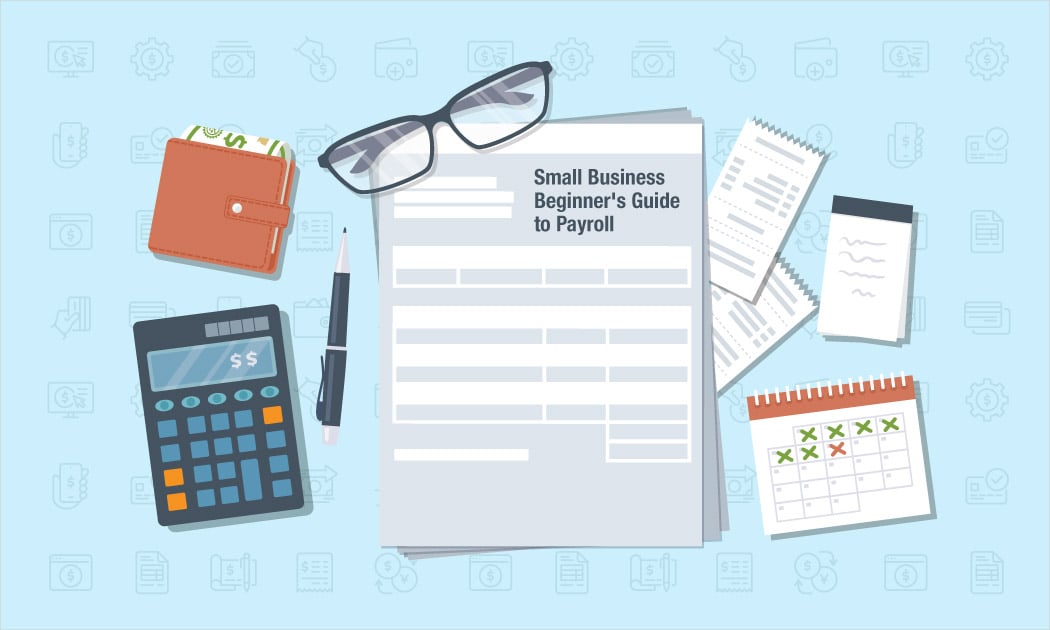The Payroll Blog
News, tips, and advice for small business owners
- Home
- Resources
- Payroll Blog
- The Payroll Schedule: How to Create One
The Payroll Schedule: How to Create One
Small business owners often spend a lot of time developing and utilizing the payroll schedule. While most owners aren’t payroll experts, a flawless schedule is critical. When payroll mistakes happen, employees may get shortchanged or paid late. This can really hurt morale and cause employees to question your competence. If you’ve never created a payroll schedule before, here’s how to start and get it right from the first paycheck.

Building a payroll schedule is complex, and many employers find themselves changing the schedule before they get one that works. You'll want to minimize changes to the schedule as much as possible, though. Changes confuse employees and can cause hardship if paychecks don't come when employees expect them. Before you jump in, think about how you want to manage your payroll schedule.
There are many different ways to schedule payroll. Some organizations pay once a week, while others pay once a month. Most small businesses use a bi-weekly payroll schedule. When employees get paid every other week, they don't have to go too long without a paycheck. A bi-weekly schedule also makes it easier on many employers, since they can set aside time on a particular day every other week to manage it. This can be particularly helpful for employers with a lot of hourly workers, whose paychecks must be recalculated every pay cycle.
Employees who get a bi-weekly paycheck, rather than a semi-monthly one, also get a thrill out of the two "extra" paychecks they receive each year.
When creating your payroll schedule, you will need to factor in holidays. Employees won't appreciate getting their paychecks late because you forgot about Veteran's Day and the payroll processing took an extra day.
During the planning phase, you need to weigh what is easiest and most cost-effective for the company against what is most beneficial for your employees. Keep in mind that payroll needs to be processed a few days prior to the day that checks are issued. You will have to determine whether you will print checks or use direct deposit. If you provide direct deposit, research whether you need to adjust your calendar to accommodate banking rules.
In order to create your payroll calendar, start at the end and work your way backwards. Decide when you want the check to be issued, then figure out how many days that will take. You will need to define the pay period for each check date and leave yourself enough time to determine hourly wages if needed.
Doing this all in your head will lead to errors. I suggest creating an actual calendar on a spreadsheet or using a physical calendar to help you get and stay organized.
With some careful planning, you can find the right balance of payroll efficiency for you and timely paychecks for your employees.
For more tips and information about payroll, visit the American Payroll Association website at http://www.americanpayroll.org/.
Note: Payroll schedule is often dependent on state law and/or industry requirements so you will want to make sure that your schedule is aligned to appropriate regulations for your small business. This is also a good time to make note of important due dates and filing deadlines.
Related Blog Posts
View Our Plans and Pricing
Small Business Is Our Business.
This website contains articles posted for informational and educational value. SurePayroll is not responsible for information contained within any of these materials. Any opinions expressed within materials are not necessarily the opinion of, or supported by, SurePayroll. The information in these materials should not be considered legal or accounting advice, and it should not substitute for legal, accounting, and other professional advice where the facts and circumstances warrant. If you require legal or accounting advice or need other professional assistance, you should always consult your licensed attorney, accountant or other tax professional to discuss your particular facts, circumstances and business needs.



